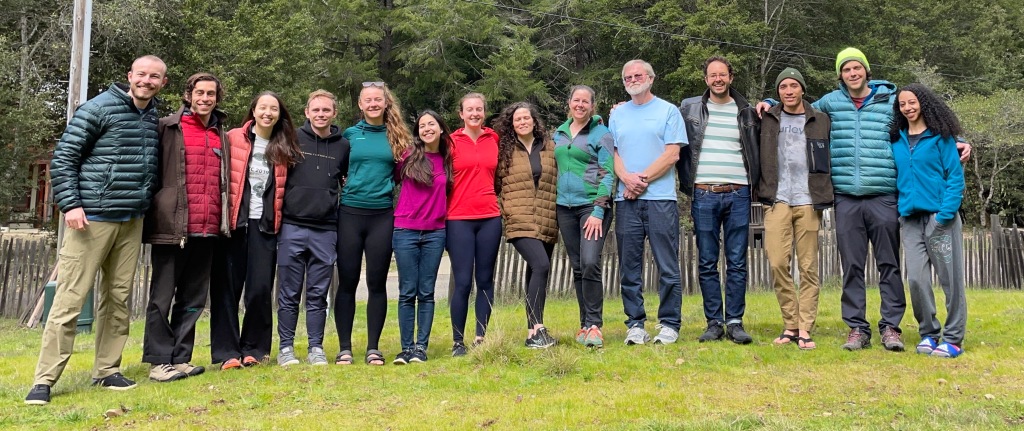The future of human health and sustainableagriculture rests on our ability to view microbial evolution as part of the solution rather than the problem. The Koskella lab takes on this challenge by combining discovery-based science on plant microbiomes with hypothesis-driven experimentation. Our research examines host-microbe and microbe-microbe interactions by first identifying patterns in nature and then, in line with current theory where available, generating predictions to explicitly test in the laboratory using a combination of experimental evolution, microbial ecology approaches, and molecular biological techniques.
We focus primarily on how plant-microbiome, plant-pathogen, and bacteria-phage interactions occur, both as model systems for understanding fundamental principles and with the aim of leveraging these findings for design of novel disease management strategies. We integrate ecological and evolutionary thinking with cutting-edge microbiological and molecular approaches to gain insight to microbiome establishment and function, within-microbiome interactions, and the role that microbiota and phages play in shaping disease. For more information on ongoing research projects, look here.

(Left to Right: Eli Mehlferber, Asa Conover, Emily Dewald-Wang, Dominique Holtappels, Julia Sherman, Reena Debray, Claire Evensen, Kate Ennis, Britt Koskella, Steve Lindow, Kyle Meyer, Kama Chock, Milo Johnson, and Sara A.)







